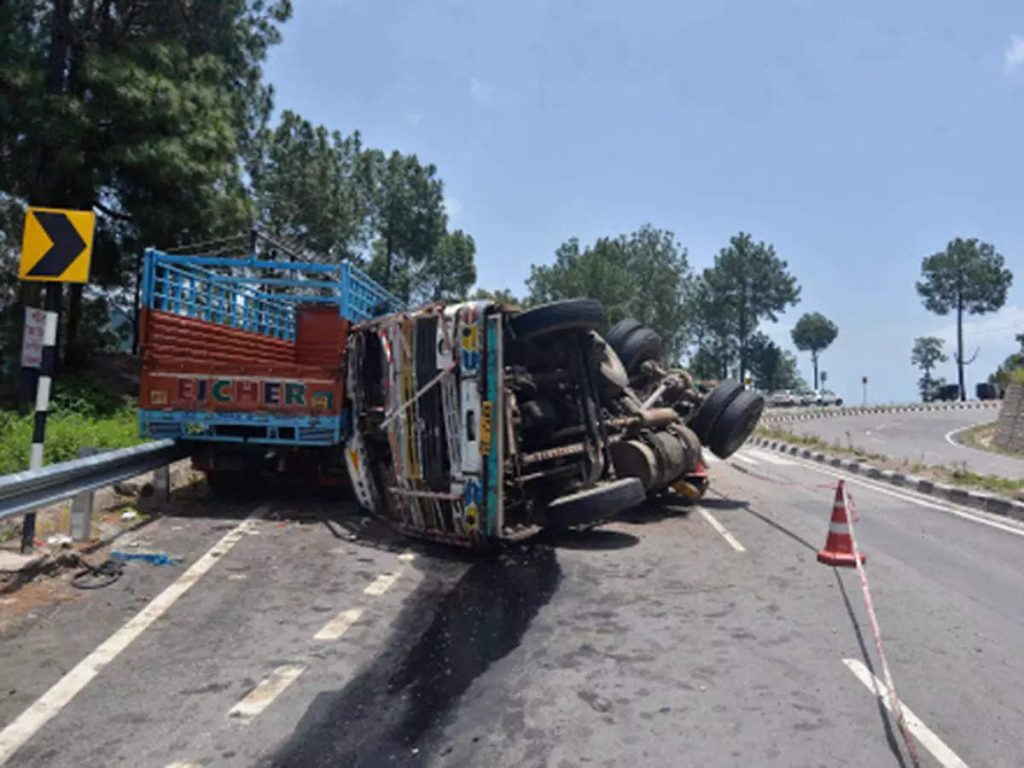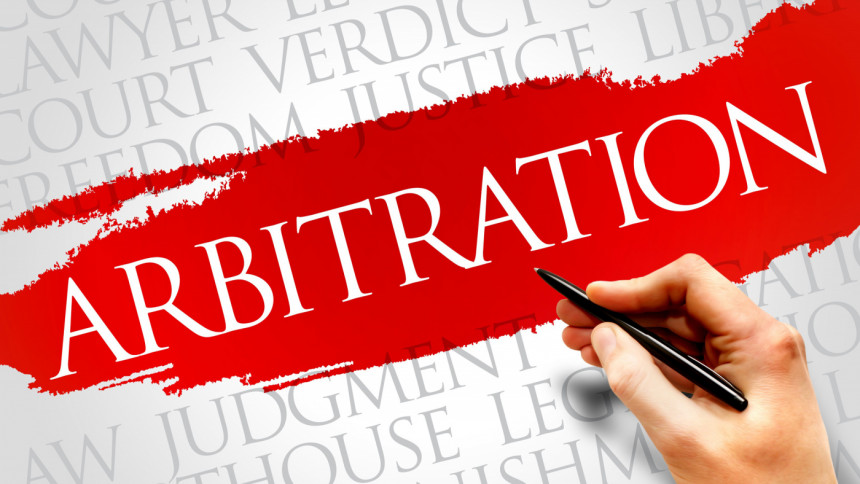Source: https://archive.dhakatribune.com/opinion/op-ed/2016/12/22/no-place-call-home
Citizenship has been aptly described as “the right to have rights.” It not only provides a person with a sense of identity and belonging, but also full state protection in the form of access to and the enjoyment of many human rights — including education, health care, legal employment, property ownership, political participation, and freedom of movement.
Part of the Constitution guarantees citizens of Bangladesh all the fundamental rights contained in it. Only a limited set of fundamental rights have been guaranteed to persons who are not citizens of Bangladesh.
As such, it does not come as a surprise that a number of widely-ratified human rights treaties have recognised the fundamental importance of the right to citizenship. The Universal Declaration of Human Rights, which Bangladesh has ratified, states, in unequivocal terms, in Article 15: “Everyone has the right to a nationality. No one shall be arbitrarily deprived of his nationality nor denied the right to change his nationality.”
Citizenship laws of member states are required to ensure that individuals are not arbitrarily deprived of their citizenship, that men and women enjoy equality in citizenship matters, and that children are granted a nationality in circumstances in which they would otherwise be stateless.
The objective behind the proposed Citizenship Bill should have been two-fold.
First, to update, improve, and consolidate the existing laws on citizenship, currently spread across the Citizenship Act, 1951 and the Bangladesh Citizenship Order (Temporary Provisions) Order, 1972 — and the rules framed under it. And secondly, to reform our citizenship laws to prevent new cases of statelessness and to resolve long-standing statelessness situations, thus discharging our international obligations in this regard.
Unfortunately, the bill, as it now stands, is unlikely to serve any of the above objectives.
To make matters worse, some of its provisions are downright unconstitutional for violating the fundamental rights guaranteed under the Constitution. Civil society organisations like Refugee and Migratory Movements Research Unit (RMMRU) and BLAST have organised a number of workshops to raise awareness about the glaring deficiencies of the bill.
A number of the provisions are susceptible to abuse by the government of the day as critical words and phrases have not been defined or explained. For example, a person will not be qualified to acquire citizenship by descent, if his or her parents were involved in “any activity against Bangladesh,” — a phrase that has not been defined in the bill.
A person may be disqualified for citizenship if he expresses “direct or indirect allegiance to a foreign state” — again a phrase that has not been defined despite being of great import; and a person’s citizenship may be cancelled if he acts in a manner that goes against the sovereignty of Bangladesh or the Constitution of Bangladesh.
The bill provides no guidance as to the activities that are likely to be considered against Bangladesh’s sovereignty or its Constitution.
The bill has the potential to render several categories of people stateless, including unregistered dwellers of recently exchanged enclaves, children born overseas to Bangladeshi nationals living overseas who may not be registered within the short time-frame, illegal immigrants, etc.
There is still time as the bill is yet to become law, but the clock is ticking. The next parliamentary session is around the corner. The government must be put under pressure to bring the draft in line with Bangladesh’s international obligations and the Constitution.
Thus adding to the global problem of statelessness.
The bill renders minor children stateless by disqualifying them from citizenship, if their parents have renounced Bangladeshi citizenship. There being no guarantee that the country whose citizenship the parents are acquiring confer citizenship of the child.
India has effectively dealt with this issue — a parallel provision in the Citizenship Act 1955 of India gives that child the option to resume Indian citizenship within one year of attaining full age, if he/she wishes to do so. We see no such provision in our bill.
The bill discriminates between citizens by birth and all other types of citizens, thus creating second-class citizens who do not enjoy the full set of rights conferred to citizens by birth. Persons acquiring citizenship by descent, marriage, and naturalisation, honorary citizens and dual citizens cannot be elected for the positions of member of parliament, president, local government and also cannot be appointed as a government servant or a judge and cannot form or be involved in or support a political party.
This is contrary to Article 27 of the Constitution that guarantees that all citizens are equal before the law and are entitled to equal protection of the law. Once a person has acquired citizenship under the bill, the Constitution demands that he or she be given the same set of rights as any other citizen, irrespective of whether the citizenship was acquired by birth or descent or naturalisation.
The bill fails to recognise children as individuals with personal rights, holds children accountable for actions of their parents by depriving them of citizenship — thus exposing them to human rights violations. Having ratified the Convention on the Rights of the Child, Bangladesh is under an international obligation to reform its laws to ensure these rights and more to children.
Problems aside, the bill, if enacted as it stands, represents an opportunity lost. Illegal immigrants like the Rohingyas have been excluded unconditionally from citizenship. Lessons may be learned in this regard from India — the Citizenship Amendment Bill 2016 that amends the Citizenship Act 1955 of India, makes illegal migrants who are Hindus, Sikhs, Buddhists, Jains, Parsis, and Christians from Afghanistan, Bangladesh, and Pakistan, eligible for citizenship.
While the constitutionality of such a provision that makes illegal migrants eligible for citizenship on the basis of religion may be questioned for violating the right to equality, the bill at least offers a legalisation mechanism for illegal immigrants. We see no such mechanism in our bill.
A mechanism could have easily been carved out in the bill to legalise illegal immigrants in phases, beginning with temporary work and residence rights, moving to permanent residency for workers who meet requirements, etc.
A prolonged and rigorous pre-legislative scrutiny of the bill would have probably addressed these deficiencies or at least highlighted them on time. Unfortunately, the bill was neither published in the Law Ministry’s website for wider public scrutiny nor highlighted by the media.
Nevertheless, there is still time as the bill is yet to become law, but the clock is ticking. The next parliamentary session is around the corner. The government must be put under pressure to bring the draft in line with Bangladesh’s international obligations and the Constitution.
Needless to say, the media can play a critical role in this regard, and if, by dint of public apathy, the bill is placed before the parliament, as it is, one can only hope that the good sense of our parliamentarians will prevail.






